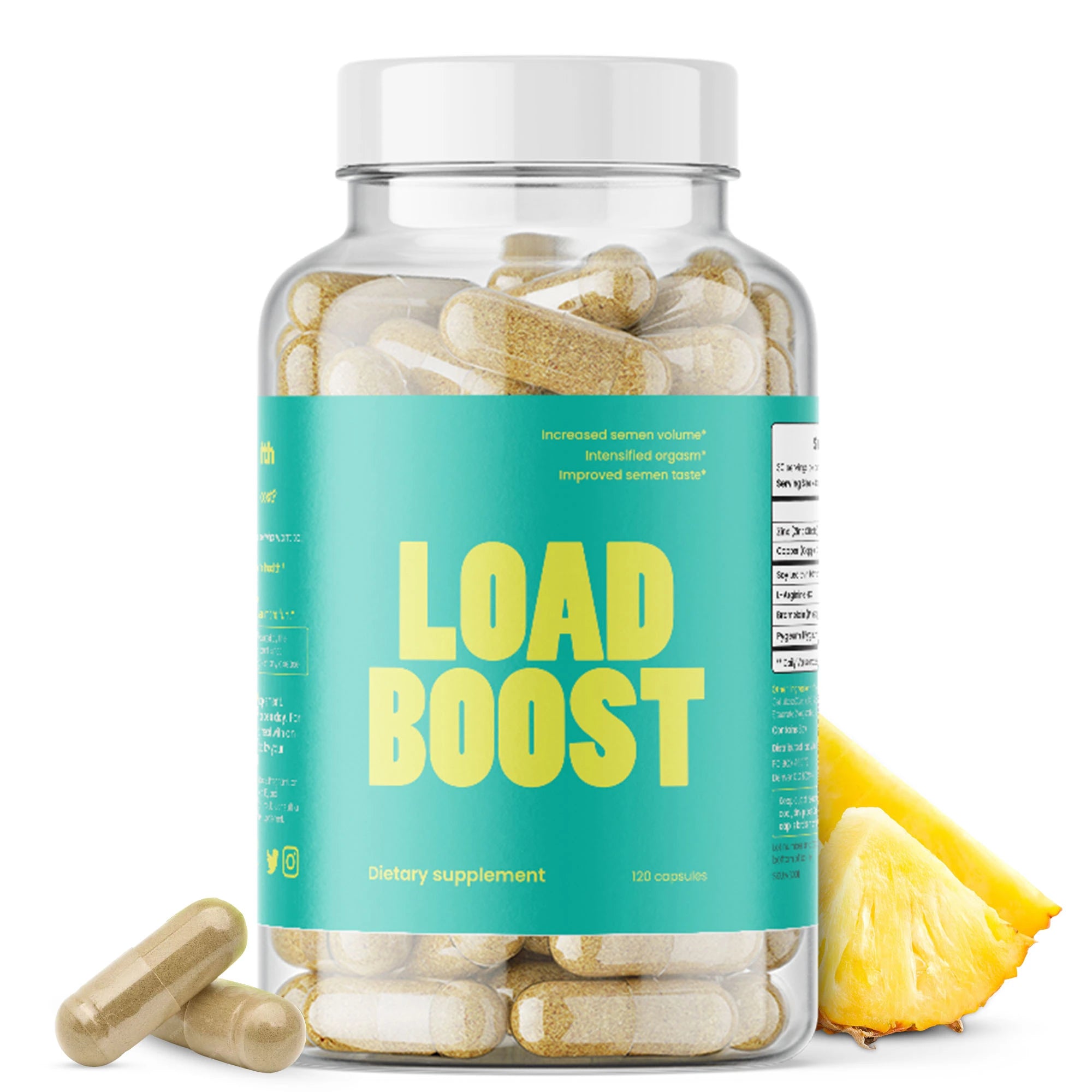The claim that semen might possess antidepressant qualities sounds provocative, perhaps even improbable. Yet, recent scientific inquiry has sparked genuine interest in this unconventional theory. Far beyond its reproductive role, human semen is biologically rich in numerous chemicals, including hormones, neurotransmitters, and compounds known to influence mood and emotional well-being. Could these compounds actually impact psychological health? The VB Health medical experts look into the currently available scientific evidence.
A groundbreaking study conducted by psychologist Gordon Gallup and colleagues at the University at Albany (2002) suggested that semen might have antidepressant-like effects. According to Gallup’s research, published in the journal Archives of Sexual Behavior, women who engaged in unprotected sexual intercourse reported lower levels of depressive symptoms than those who consistently used condoms or abstained from sexual activity altogether. Gallup hypothesized that certain bioactive compounds present in semen might enter the bloodstream during intercourse, potentially influencing mood.
The Science Behind Semen's Mood-Boosting Potential
Human semen contains numerous chemical substances capable of influencing emotional and psychological states. According to research published in the journal Medical Hypotheses (Burch & Gallup, 2006), semen includes hormones such as oxytocin and cortisol, neurotransmitters like serotonin, and mood-regulating compounds such as endorphins, melatonin, and prolactin—all substances known to impact mood, anxiety, and emotional regulation. It is worth noting that, despite the urban legend, there is not a significant of protein in semen.
Serotonin is a well-known neurotransmitter targeted by common antidepressants like selective serotonin reuptake inhibitors (SSRIs). Oxytocin, another component found in semen, plays a critical role in bonding, relaxation, trust, and overall emotional stability. Melatonin helps regulate sleep and circadian rhythms, while cortisol and endorphins have documented mood-influencing properties. Collectively, this biochemical cocktail found naturally in semen may help explain the anecdotal and clinical observations suggesting mood-enhancing effects (Burch & Gallup, 2006).
Aside from exposure to semen, regular ejaculation is more effective for moon regulation for the man than semen retention.
The Clinical Evidence and Limitations
While the biochemical evidence appears compelling, it's important to consider the practical and clinical limitations of existing research. Gallup’s original findings, though intriguing, were correlational and did not establish direct causation. Follow-up research published in the Journal of Sexual Medicine (Costa & Brody, 2012) echoed Gallup's earlier conclusions, finding that participants who reported regular unprotected sex experienced significantly lower depressive symptoms. Researchers cautioned against definitive interpretations, as factors such as intimacy, emotional bonding, relationship quality, and frequency of sexual activity also significantly influence mood and well-being.
Clinical psychologists and sex researchers often emphasize that it’s challenging to isolate semen’s antidepressant effects from these psychological variables. Psychologist Dr. Nicole Prause, a sex researcher and neuroscientist, states clearly, "Any mood improvement associated with sexual activity is likely multifaceted. While semen chemistry is intriguing, we can't discount the powerful psychological and emotional factors involved in intimacy" (Prause, 2018).
Semen Exposure During Pregnancy: Could it Influence Mood?
An emerging area of interest involves exploring how pregnant women respond physiologically and emotionally to semen exposure. During pregnancy, hormonal fluctuations can significantly impact mood and emotional well-being. Some researchers speculate that semen—rich in mood-influencing compounds such as oxytocin, prostaglandins, and serotonin—may play a role in stabilizing or enhancing mood during pregnancy.
A study published in the Journal of Reproductive Immunology (Robertson & Sharkey, 2016) suggests that repeated semen exposure during pregnancy may enhance maternal immune tolerance and possibly reduce stress-related inflammatory responses, indirectly promoting emotional stability. Prostaglandins present in semen could theoretically contribute to relaxation and bonding through biochemical pathways.
Potential Benefits with Cautionary Perspectives
The theory that semen acts as a natural antidepressant presents an exciting frontier in scientific research. The biochemical makeup of semen unquestionably suggests mood-regulating potential, supported by intriguing observational studies. Semen is safe to consume for most, and some would even argue that semen is vegan.
The documented positive mental health effects of intimacy, sexual activity, and emotional bonding remain well-supported and accepted by health professionals, suggesting the broader context of relationships matters far more than isolated biological effects alone.
Sources:
- Gallup, G. G., Burch, R. L., & Platek, S. M. (2002). "Does Semen Have Antidepressant Properties?" Archives of Sexual Behavior.
- Burch, R. L., & Gallup, G. G. (2006). "The Psychobiology of Seminal Plasma: Potential Antidepressant Effects." Medical Hypotheses.
- Costa, R. M., & Brody, S. (2012). "Sexual Activity, Relationship Quality, and Depressive Symptoms in Women." Journal of Sexual Medicine.
- Prause, N. (2018). "Sexual Activity and Mood: A Neuroscientific Perspective." The Journal of Neuroscience and Sex Research.
- https://pubmed.ncbi.nlm.nih.gov/22234399/
- https://pubmed.ncbi.nlm.nih.gov/35985861/




